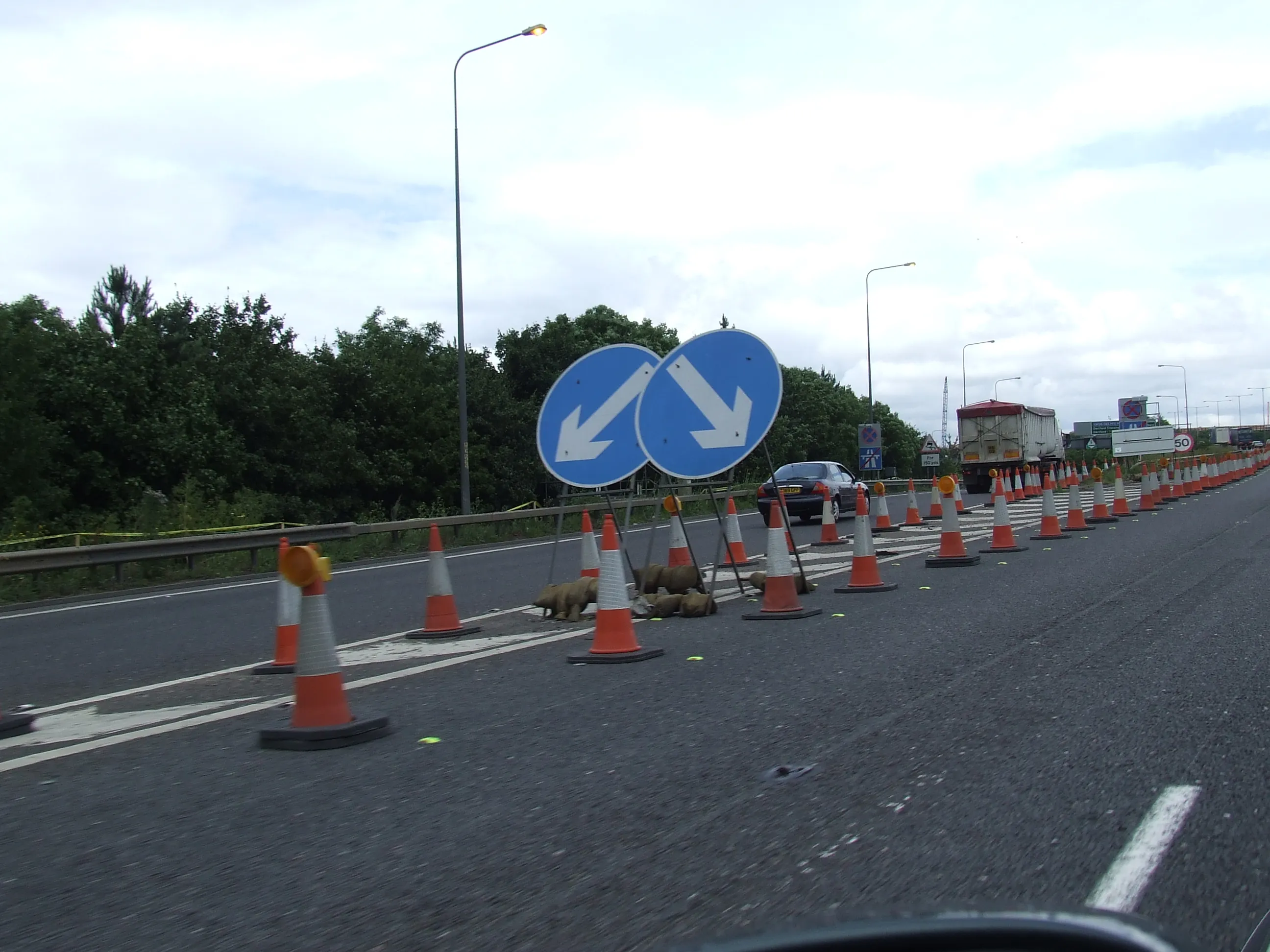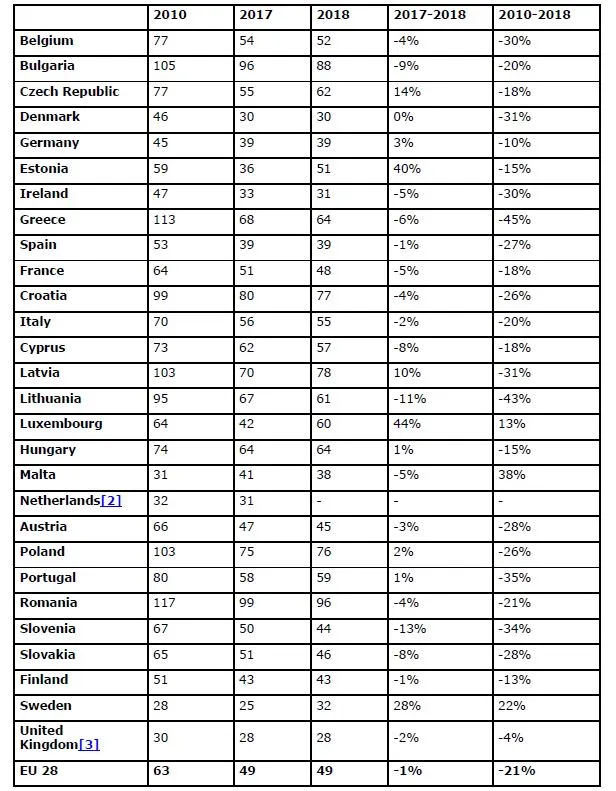Research from the UK reveals an alarming picture of road safety amongst young male drivers. This data is likely to be replicated in other European drivers as well as further afield. According to the UK’s Driver Vehicle Licensing Agency (DVLA), some 30,850 male drivers aged 17-20 have up to six points on their driving licences. However, only 9,758 female drivers aged 17-20 have up to six points on their licences. Drivers are awarded points for motoring offences in the UK, with more serious offences resulting
December 18, 2013
Read time: 2 mins
Research from the UK reveals an alarming picture of road safety amongst young male drivers. This data is likely to be replicated in other European drivers as well as further afield. According to the UK’s 5244 Driver Vehicle Licensing Agency (DVLA), some 30,850 male drivers aged 17-20 have up to six points on their driving licences. However, only 9,758 female drivers aged 17-20 have up to six points on their licences. Drivers are awarded points for motoring offences in the UK, with more serious offences resulting in a greater number of points. When a driver exceeds 12 points (such as being caught over the limit for alcohol or for exceeding a posted speed limit by more than 50km/h), this will usually result in a driving ban. During 2012, young drivers were involved in 20% of all crashes resulting in either a fatality or a serious injury. However younger drivers only account for a mere 8% of full driving licence holders in the UK and only drive on average, around half the distance of older licence holders/year.
The chief executive of the5125 Institute of Advanced Motorists is Simon Best and he said, “Such high numbers committing a wide range of offences demonstrates the inability of our current system to deal with the attitudes and lack of experience which put new drivers at such high risk on the roads today.” Best added that the UK Government is at present working on a new policy to help tackle the issue.
The statistics surrounding the number of crashes involving young male drivers are particularly alarming when it is considered that fewer young people are now driving than in previous decades. Insurance companies have increased the cost of premiums for young drivers significantly, in line with the high crash risk and this has priced many young people off the road. Instead many younger people opt not to take a driving test until age 25 or older when insurance costs drop.
The chief executive of the
The statistics surrounding the number of crashes involving young male drivers are particularly alarming when it is considered that fewer young people are now driving than in previous decades. Insurance companies have increased the cost of premiums for young drivers significantly, in line with the high crash risk and this has priced many young people off the road. Instead many younger people opt not to take a driving test until age 25 or older when insurance costs drop.








